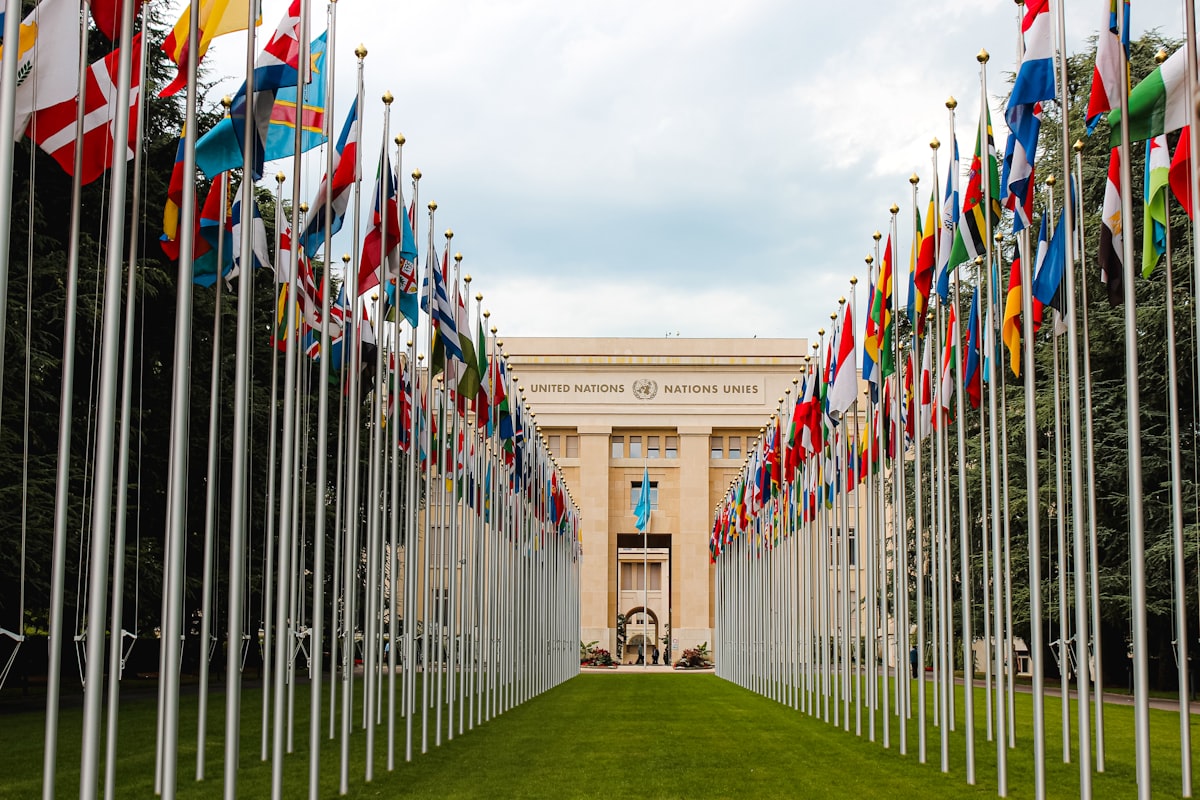Mexico's opportunity to promote reforms to the UN Security Council
Mexico must work to be considered a permanent member. It has political capital with an agenda in favor of disarmament. Mexico's participation is conditioned by its bilateral relationship with the United States.

By heading the presidency of the United Nations Security Council this month, Mexico should seek to be a mediator and reformer of this body agreed UNAM internationalists at a distance media conference.
For Edmundo Hernández Vela Salgado, professor emeritus of the Center for International Relations of the Faculty of Political and Social Sciences (FCPyS), Mexico has the opportunity to make its voice heard and be considered a permanent member of the UN's highest security body.
Mexico should promote a real reform of the organization, he said, because as long as the Council is not updated, there will be no valid decision, and the powers end up as judge and party in conflicts, so that this body has a monopoly on peacekeeping. "The General Assembly should have greater competence in this."
Vela Salgado indicated that it should claim, dignity, decorum, and be a protagonist because it has a great tradition in terms of leadership in foreign policy.
María Cristina Rosas González, professor-researcher at the FCPyS of the National University, considered that Mexico has to assert its international political capital, even though it is a difficult time to be in the organization, because it is a weak Council, "without teeth", paralyzed, where the veto is used. "Nowadays, major international crises are being protected and negotiated outside the Security Council, even this body has become involved in issues that are not within its competence, for example, the destruction of cultural heritage," she said.
Mexico has to deal with this, as it did in its previous participations in 1946, 1980, 2002, and 2009, the difference is that this time it was elected overwhelmingly with broad consensus: 187 votes in favor and five abstentions, which shows that it has political capital in international relations with an agenda in favor of disarmament and as a promoter of international cooperation against the pandemic.
Estefanía Cruz Lera, from UNAM's Center for Research on North America (CISAN), stated that the bilateral relationship with the United States largely conditions Mexico's participation in the Security Council.
"The principle of Mexican foreign policy is non-intervention, with the hypothetical permanent membership in said organization Mexico would have to position itself in the face of each conflict, and although in reality, it is very efficient at negotiating, with agreements and alliances, when there are very complex moments, it prefers to remain on the sidelines", she pointed out.




